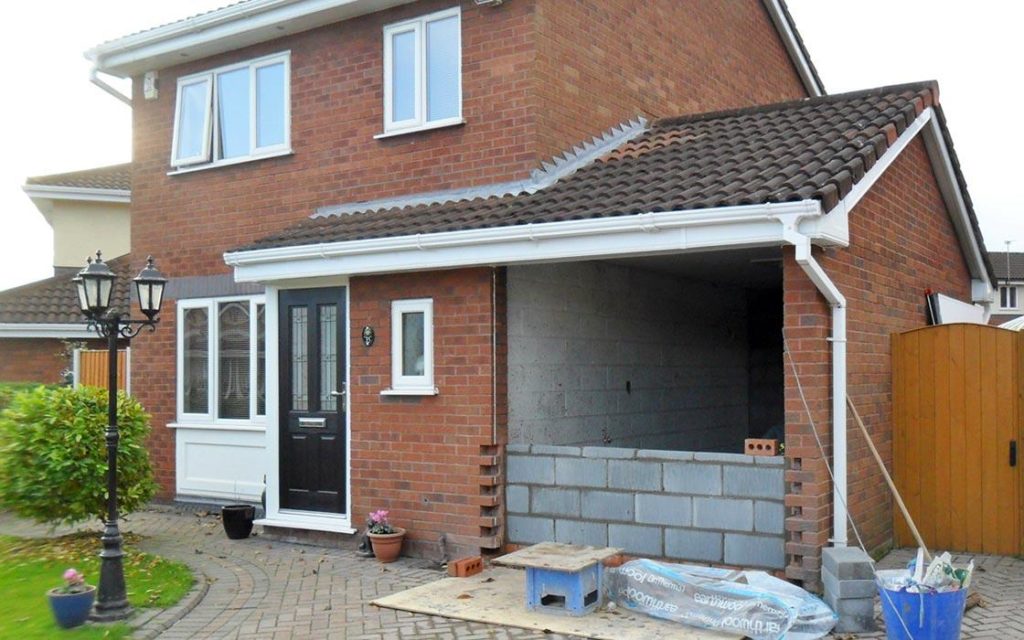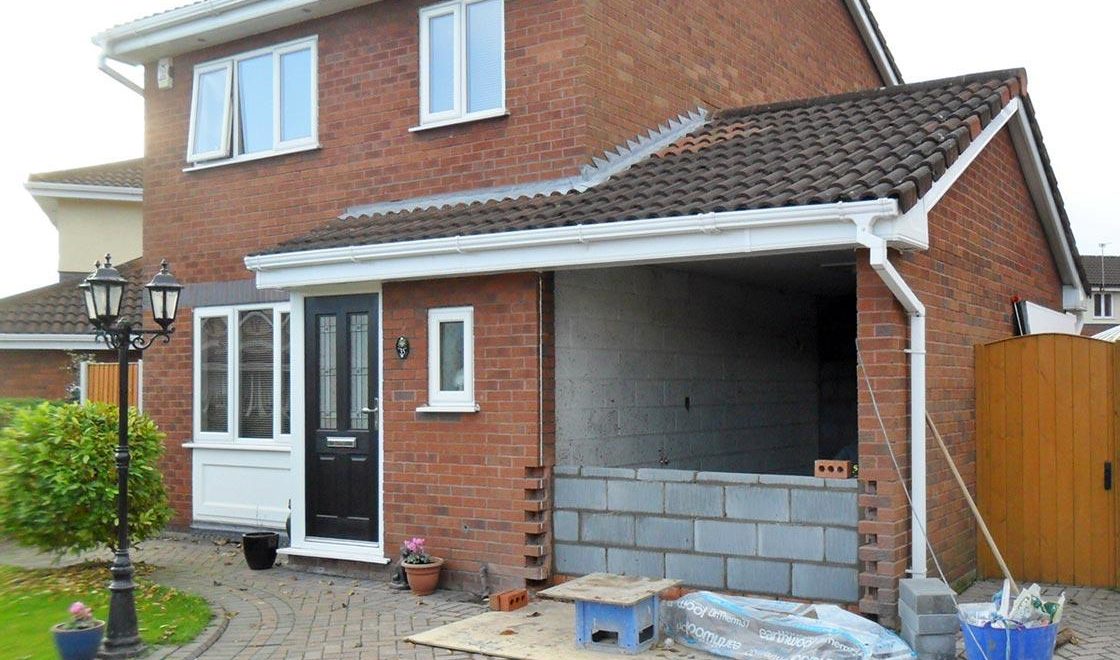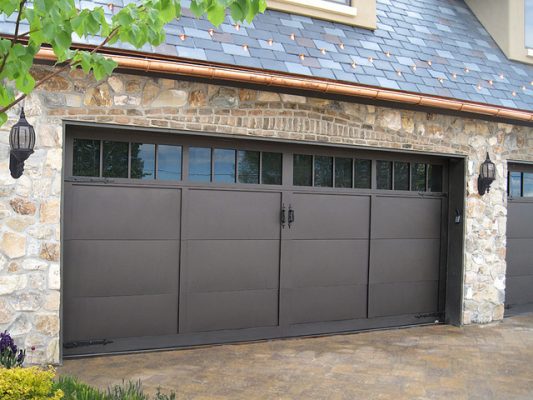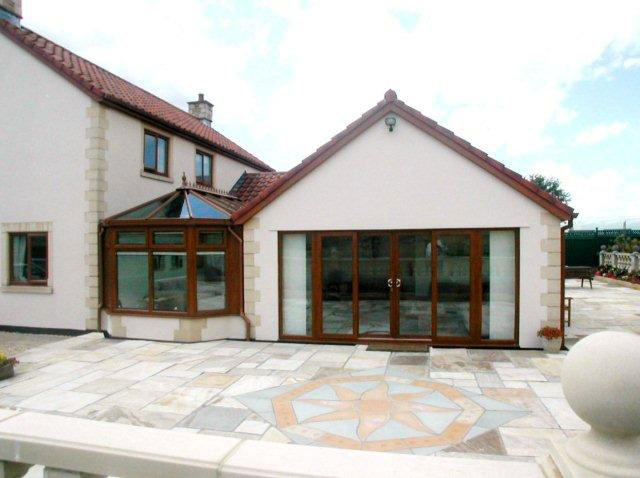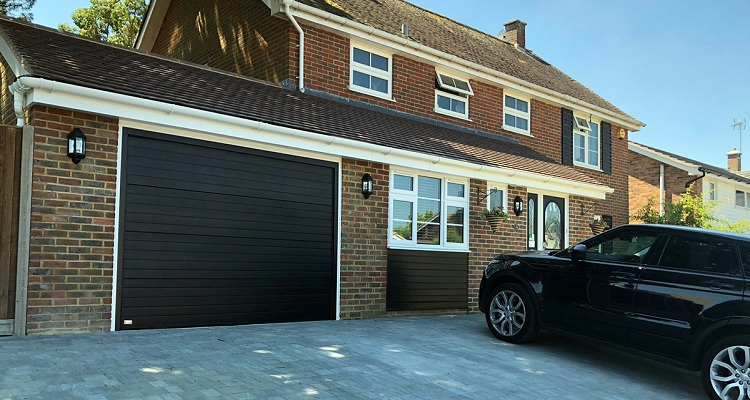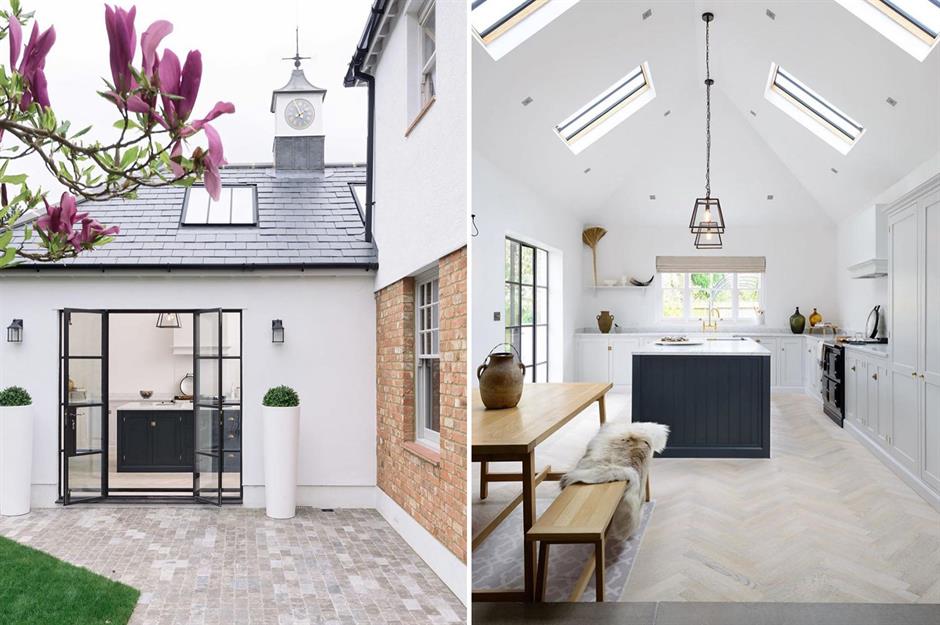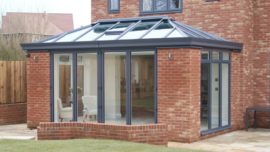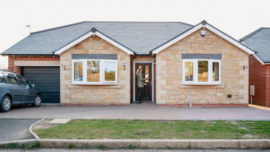Garage conversion: is it right for you?
How to know a garage conversion is right for your home –
Before you start planning, you first need to accurately assess whether converting a garage is the right option for your home or not. No doubt converting a garage have lots of benefits. But it is also true that it can put a lot of load on your bank account.
It is easy to get planning permission for this type of conversion. However, it depends on the area you live in. Furthermore, you need to give away your garage space to get some extra living space at home. If you own a car and parking on the street is an issue, then it can devalue your home. Moreover, you need to consider which type of room you want to convert your garage in:
- Kitchen Extension
- Bedroom
- Bathroom
- Gym
- Cinema
- Family room
Well, all of these options have their benefits. Some of them cannot help with increasing the value of your property compared to their counterparts. If you have the plan to sell your home in the future, then you should keep this in mind.
Benefits of a garage conversion –
There are lots of benefits when choosing a garage conversion as a way to extend your house. One of the advantages is that it is a cheap way to increase living space. If your home has two garages, then you can convert the half-space. In this way, you will have a place to park your car and extra living space for your family.
Another great benefit is that you do not need to change the structure of the house and do not need to lay down new foundations, which can help you save a lot of money. Usually, the garage has electricity, which means it can reduce garage conversion cost even more.
When we compare the garage conversion with other options, it is most cost-effective
How much will it cost?
Any type of house extension services can cost thousands of pounds. When we talk about garage conversion cost, you can expect to pay £11,000 to £25,000 in 2021. However, the actual cost of a project depends on various factors such as garage size, plans, etc. It can also add up to 20% to the value to your home.
